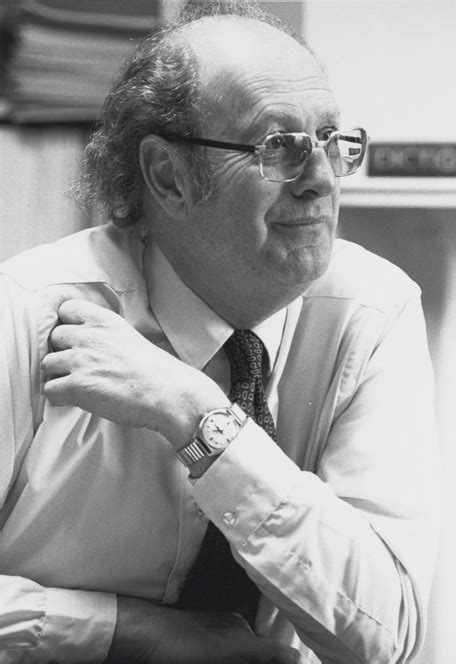Top 18 Quotes & Sayings by Howard Raiffa
Explore popular quotes and sayings by Howard Raiffa.
Last updated on April 20, 2025.
It is always amazing to see how wide a spectrum of results can be obtained from replicating an identical negotiation with different principal actors; it makes no difference whether there subjects are inexperienced or whether they are senior executives and young presidents of business firms. That is an important lesson to be learned here.

















